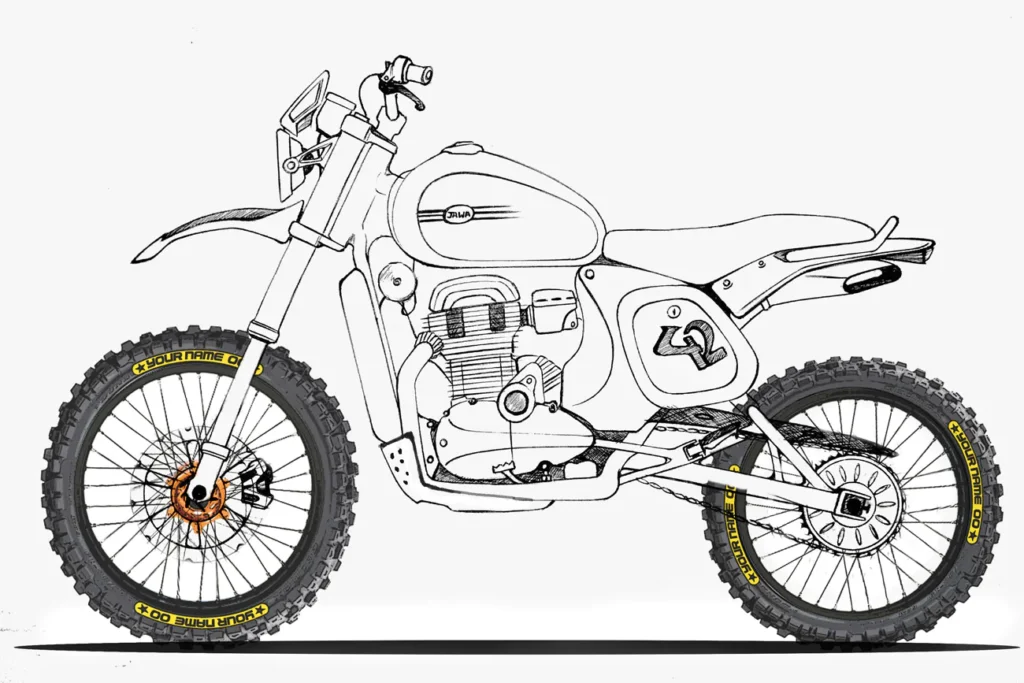The world of motorcycle prototyping is undergoing a significant transformation, driven by technological advancements and changing consumer preferences. TNT Moto Designs is at the forefront of this evolution, incorporating the latest innovations into their design and prototyping processes. This blog explores the trends and technologies that are shaping the future of motorcycle prototyping and how TNT Moto Designs is leading the way.
Current Trends in Motorcycle Prototyping
The motorcycle industry is witnessing a shift towards more personalized and technologically advanced designs. Consumers today demand motorcycles that not only look unique but also offer superior performance and functionality. This trend has led to the adoption of new prototyping techniques that allow for greater customization and precision.
Incorporating New Technologies
TNT Moto Designs is embracing these trends by integrating cutting-edge technologies into their workflow. One of the most significant advancements is the use of 3D printing, which allows for the rapid creation of complex components and parts. This technology not only speeds up the prototyping process but also enables the creation of designs that were previously impossible to achieve.
Another key technology is CAD (Computer-Aided Design) software, which allows the team to create highly detailed and accurate digital models of their designs. These models can be easily modified and tested in a virtual environment, ensuring that the final product meets all specifications before any physical prototype is made.

Virtual reality (VR) is also playing an increasingly important role in motorcycle prototyping. TNT Moto Designs uses VR to create immersive simulations of their designs, allowing clients to experience their custom motorcycle before it is built. This technology enhances the design process by providing valuable feedback and insights that can be used to refine the final product.
Benefits of Innovation for Clients
The incorporation of these new technologies into the prototyping process offers several benefits for clients. Firstly, it allows for faster turnaround times, as designs can be quickly modified and tested in a digital environment. Secondly, the increased precision and accuracy of these technologies result in a higher quality final product. Finally, the ability to create highly customized designs ensures that each client receives a motorcycle that is truly one-of-a-kind.
Looking Ahead: Emerging Trends
As the industry continues to evolve, several emerging trends are likely to shape the future of motorcycle prototyping. One such trend is the increased use of artificial intelligence (AI) in the design process. AI algorithms can analyze vast amounts of data to identify optimal design solutions, reducing the time and effort required to create a prototype.
Another trend is the growing interest in sustainable design practices. As environmental concerns become more pressing, TNT Moto Designs is exploring ways to incorporate eco-friendly materials and processes into their prototyping workflow. This not only aligns with the values of many clients but also positions the company as a leader in sustainable motorcycle design.
Conclusion
The future of motorcycle prototyping is bright, with new technologies and trends paving the way for more innovative and customized designs. TNT Moto Designs is committed to staying at the forefront of these developments, ensuring that their clients receive the best possible products. As the industry continues to evolve, TNT Moto Designs will remain a pioneer in the world of motorcycle prototyping, pushing the boundaries of what is possible.
